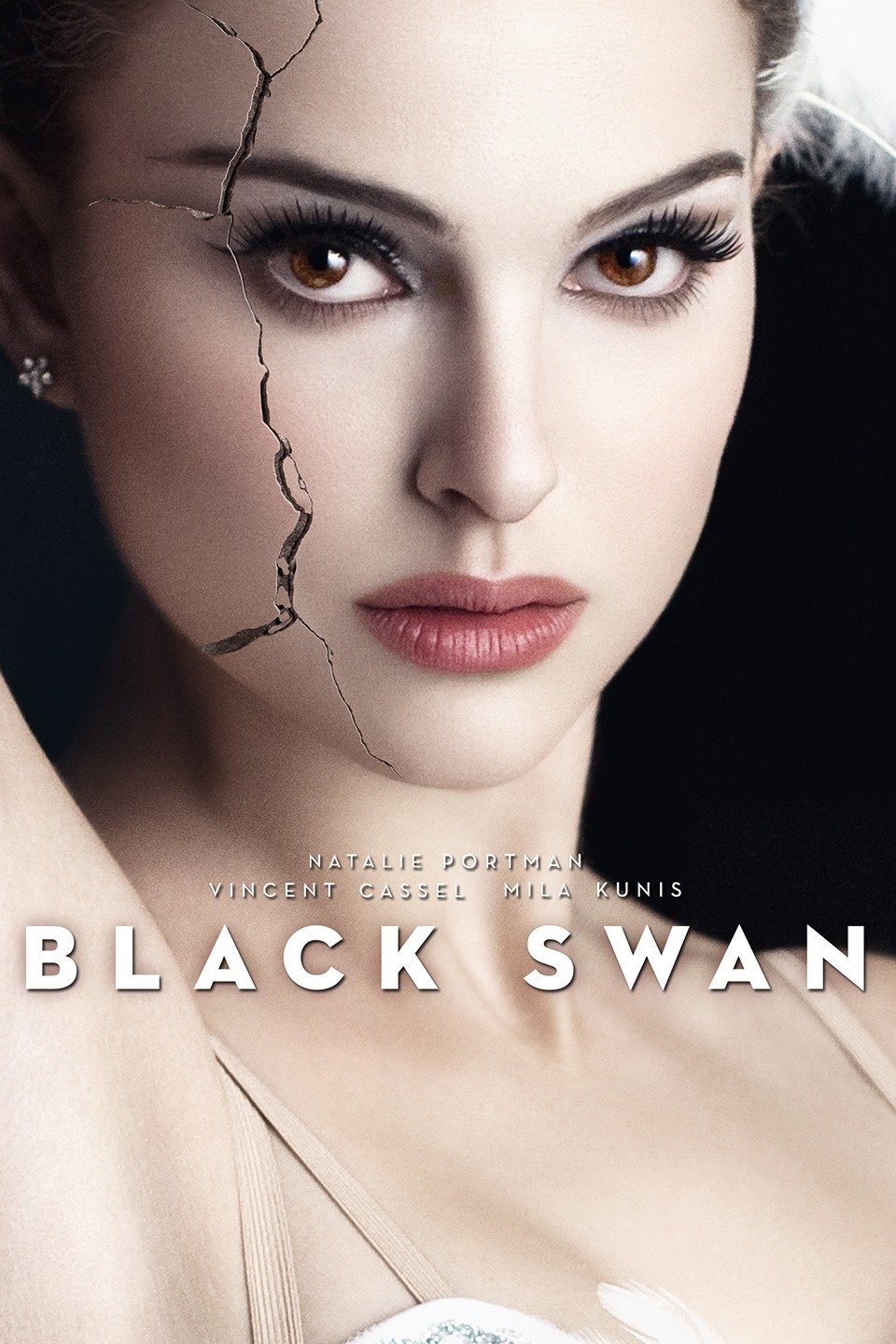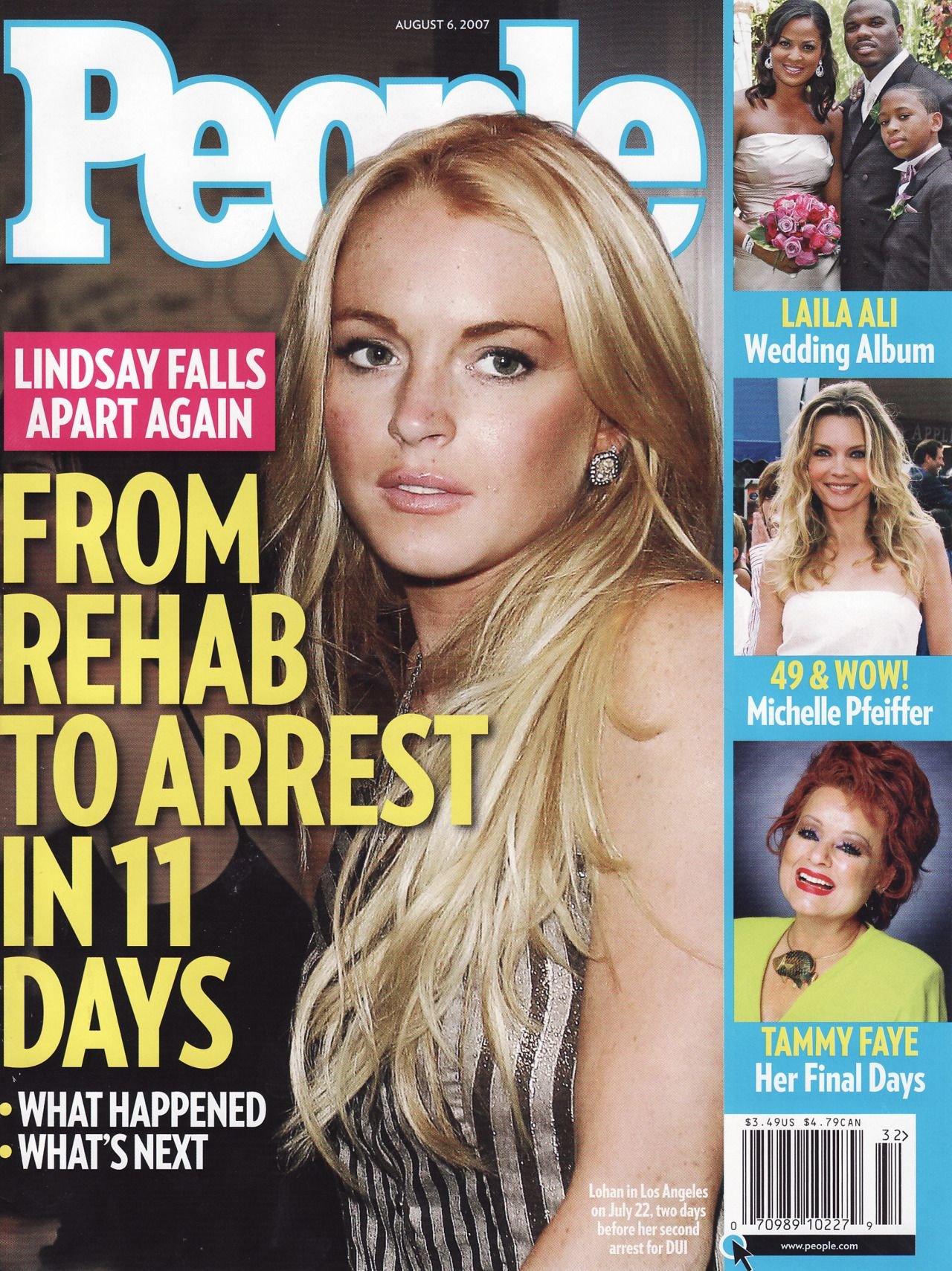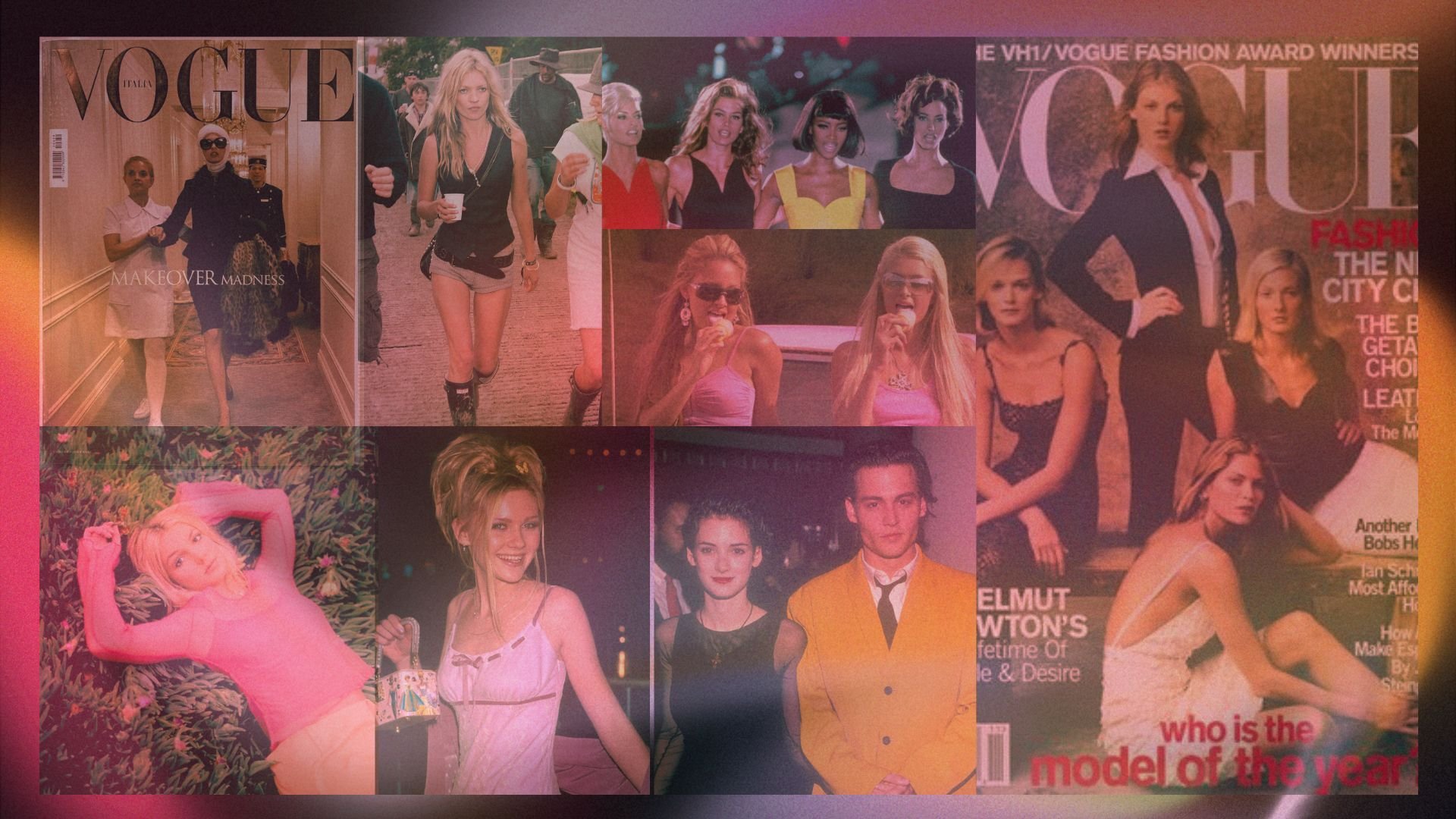Complexities Of The Working Woman
By: Starla Blatcher
In the hot summer of 2021, my dad and I traveled from one end of the country to the other to discover my new home in Orange, California. I was starting a new chapter, where I’d attend Chapman University to pursue my dream of being a screenwriter. Even with the intention of returning home after graduate school was over, I knew that the best opportunities resided in Los Angeles. So I stayed. Although there is guilt for leaving, there’s so much I have discovered about myself through this separation. And I hate to admit it because, as a woman, it’s difficult to think I am choosing “work” over “family.” I know that this subject is much more complex and that it isn’t just work but my dreams, but it is still difficult to come to terms with.
I channeled these feelings into my feature I’m Going Missing, a story about an up-and-coming supermodel named Eve Sullivan who lives in New York City. After experiencing a miscarriage from an undetected pregnancy, she begins to wonder about a life of family, security, and comfort. Eve soon begins to witness her adversaries within the fashion industry murdered by a strange being with motives that align with her own before the pregnancy. This murderer, throughout the story, is a demonic version of Eve who is more cutthroat and obsessive about success, altering Eve’s mind about the world she has always wanted to immerse herself in. I wanted to write this because I love movies like Black Swan and Perfect Blue, and I wanted to see what it would look like written through a feminine lens. But also because I wanted to navigate through a character aligned with hard-working ambition. She has always been afraid of herself going further than she wanted, hurting people in the long run.
Supermodels became “it-girls” in the nineties, reaching fame, poise, and legacy that hadn’t quite existed before in the fashion industry. In the 2000s, with the introduction of online media, the gossip, the headlines, etc., would spread like wildfire. This is best explained in the Hulu documentary Queenmaker: The Making Of An It Girl. This documentary analyzes mean-spirited blogs like Socialite Rank and Gawker, a blog that criticizes Manhattan’s elite. The best way to compare this to something more in the vein of pop culture is Gossip Girl. Because of the possibility of anybody nowadays having the ability to have a platform with Instagram and TikTok, that kind of media no longer exists. Although current social media is still just as mean-spirited as Sociliate Rank and Gawker, there is more mystery nowadays. The critics can hide behind any identity they choose, with groups of people that align with similar intentions. The creators of these blogs, Valentine Uhovski, Olga Rei, and Elizabeth Spiers, were interviewed in the documentary and could easily be pinned as villains. This is not so easy to do now. Either way, each major blog had one thing in common: people knew who the it-girls were. They were spotlighted for their good and bad lifestyle, causing others to look up to them. Jordan Theresa does a great job of analyzing this subject in the present day in her YouTube video below!
Women must be cautious about how they craft their image. With one fatal mistake, your reputation can be changed. Instagram is an easy way to control this craftsmanship for yourself, but it wasn’t how it was done back then. Your actions had consequences; people could twist your words so easily. Studying the celebrity trajectory of the 2000s, like Lindsey Lohan, Mischa Barton, Britney Spears, Amanda Bynes, and Paris Hilton, shows how a twisted reputation can alter your life through the public eye. And it’s clear to see that this doesn’t happen to men. Taylor Swift says it perfectly when she states:
“There’s a different vocabulary for men and women in the music industry. A man does something, it’s ‘strategic,’ a woman does the same thing, it’s ‘calculated.’ A man is allowed to ‘react’; a woman can only ‘over-react,’ … A man ‘stands up for himself,’ a woman ‘throws a temper tantrum.”
I’m Going Missing takes place in the 2000s because of the relevancy of being an “it-girl” and what it meant for your reputation. Eve wants to change her image to do whatever it takes to get New York Fashion Week, at risk of changing herself. This dissociation forces her to realize her fatal flaws. Eve is aware of the fine line between doing one thing and having it permanently affect how she is percieved. It is something she is constantly worried about. For example, she tells a reporter that one of her good friends, in the running to be in New York Fashion Week, is giving blow jobs to men at a nightclub. She knows this is detrimental and changes how women and men see her friend, but it doesn’t stop her from wanting a leg up in the industry. Others unaware of this fine line probably wonder, “well, won’t this go away in time?” Taylor Swift has been labeled as a woman who writes songs about her ex-boyfriends since the beginning of her career, belittling her craft to something so disregarding. She has a reputation that cannot be altered, even after albums like folklore and evermore that prove otherwise.
Women are constantly trying to prove to be something more than what were boxed into, which I discussed in my last essay. It is even harder for women in the spotlight who exhibit feminine traits because they are perceived as weak and are made easily to pick apart. Eve wants to be a mother and be a model. This cannot be done in the eyes of the public, although men have always found a balance between parenthood and their occupation. Women are classified as work-obsessed for choosing a career while having children before the 2000s. I see it with the women in my family from past generations. Both of my grandmothers had children at eighteen years old. My mom had me when she was twenty-three years old. It was the set condition that the men worked while the women lived at home. I am twenty-five years old and am the oldest woman in my family not to have children. While I love the idea of having a family, those same fears Eve shares exist within me, and I don’t want it to feel impossible to have both.
The lesson I hope to push in this feature is to work hard for what you want without compromising yourself to do so. If it’s meant to be, it’ll happen in your own way because every path is different. I struggle with coming to terms with that when dealing with my anxiety. I wish I could ensure goals and ambitions will happen my way or that the right people will perceive what kind of person in the way I see fit. But this isn’t life. This new mindset was gifted from writing I’m Going Missing.
If you are interested in reading I’m Going Missing, click the link and request to read the full screenplay! Thanks for reading! (NOTE: I am still continuing to work on a revised draft, so it’s not perfect!)






